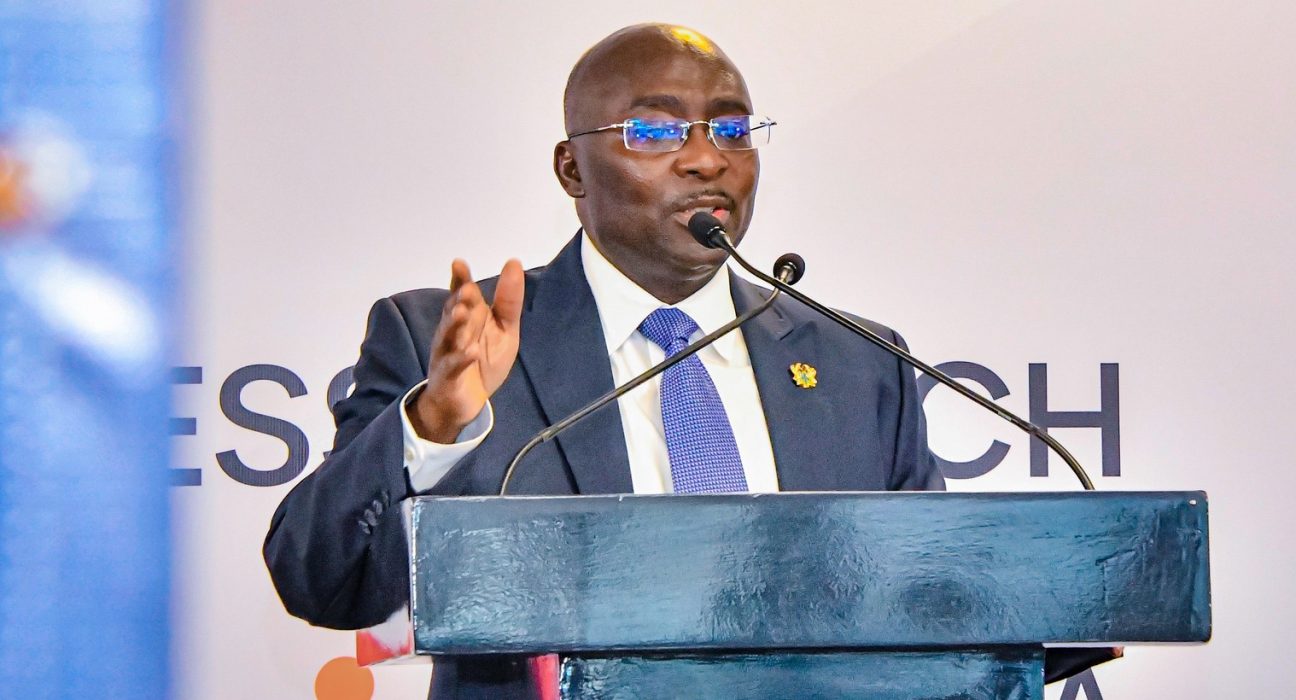Taxation is a mandatory financial contribution to a nation’s income, imposed by the government on the earnings of employees and profits of businesses, or included in the price of certain goods, services, and transactions.
The main objective of taxes is to support government expenditures and public spending, as well as to control and minimize adverse externalities. Ghana is currently utilizing the progressive tax system that has been in place since gaining independence. This system involves a tax rate that rises as taxable income increases.
However, many individuals find it complex and prone to abuse, resulting in limited benefits for the country. This is why Dr. Bawumia is advocating for a shift in our tax system towards the Estonian model.
As per the Tax Competitiveness Indexes for 2023, the Estonian tax system is recognized as the most transparent and efficient globally. It has maintained the top position for the past decade, scoring 100.0 overall, followed by Latvia in second place with a score of 88.5.
The key factor contributing to this success is the absence of corporate income tax on reinvested profits. Businesses in Estonia can reinvest their earnings without being taxed, enabling them to expand operations rapidly and cost-effectively.
Individual income is taxed at a flat rate of 20 percent, set to increase to 22 percent by January 1, 2025. Moreover, there are no taxes on dividends that have already been subjected to corporate income tax.
Property taxes are solely based on land value, excluding real estate or capital. The territorial tax system exempts domestic corporations from paying taxes on foreign earnings, with few exceptions.
Dr. Bawumia plans to introduce a tax amnesty to relieve individuals and cooperative entities of their tax obligations, offering them a fresh start in their business endeavors.
This initiative will assist Ghana in transitioning to a flat-rate tax system, which is centered on a single tax rate on incomes, products, and services. Due to fluctuations in exchange rates and increased duties, importers have faced challenges at the ports when clearing their containers.
Dr. Bawumia plans to tackle this issue by implementing a flat rate tax in cedis on import duties and ensuring that the duties at our ports are either equal to or lower than those in neighboring Togo.
This move will alleviate the struggles of importers, incentivize them to utilize our ports, and deter the use of unauthorized routes for goods. Dr. Bawumia’s proposal to adopt Estonia’s tax model is aimed at streamlining our tax system and fostering economic growth.
Coupled with the introduction of a tax amnesty to offer businesses a fresh start and the enforcement of a flat-rate cedi tax at our ports, this endeavor will revolutionize Ghana and usher in a new era of opportunities.
The writer is a member of the national communications team of the New Patriotic Party.









